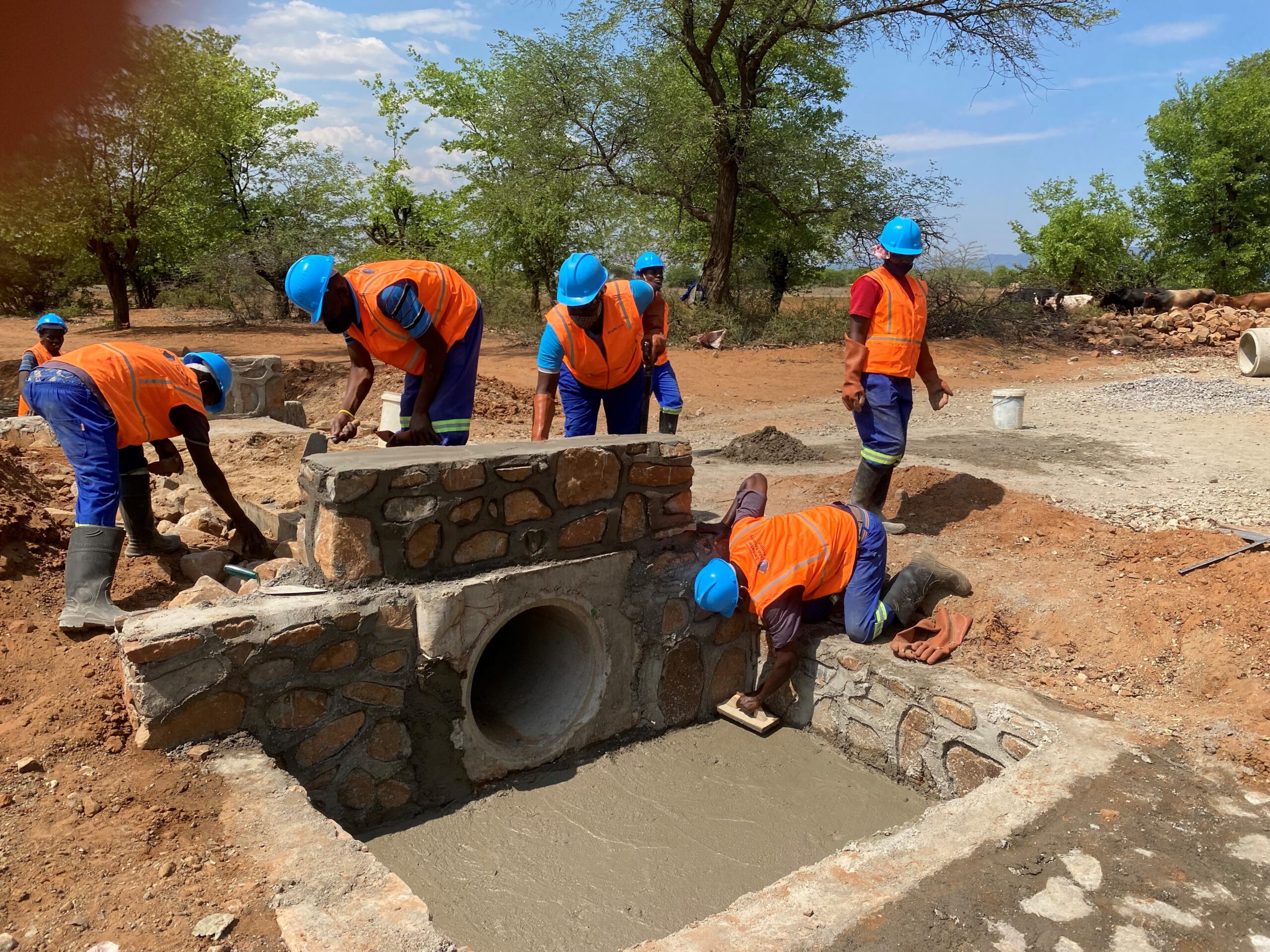
Healthcare has remained inaccessible for the majority of Zimbabweans, although it is a basic human right.
REPORT BY DAVISON MARUZIVA The Deputy Minister of Health and Child Welfare, Douglas Mombeshora, said empirical evidence showed that access to vital treatment is compromised when patients have to foot the medical bills out of their pockets.
Mombeshora made the remark during his keynote address to delegates to the recent Association of Healthcare Funders of Zimbabwe (AHFoZ) Annual All Stakeholders’ Conference in Victoria Falls.
“I would like to put it on record that as Government, we appreciate the complementary efforts made by AHFoZ member societies by enabling access to quality healthcare for the majority of the country’s workforce,” he said.
AHFoZ is not only assisting by complementing Government in making quality healthcare accessible, it is also training medical professionals as well as imparting skills to employees of public institutions on claims billing as an on-going project.
The theme of the conference, held at the Elephant Hills Resort in Victoria Falls, was Healthcare Puzzle — Finding the missing pieces.
Mombeshora said the issue of access was a cause for concern to the Ministry of Health, adding: “As a Minister of Health, I am naturally concerned by reports that Zimbabweans are now opting to fly to India and Malawi to access more affordable healthcare services.”
He asked why there was such a huge discrepancy, whether there was something wrong with the current pricing as well as how this could be corrected so that Zimbabwe does not continue to suffer financial outflows since the country has the relevant skills and facilities.
- Chamisa under fire over US$120K donation
- Mavhunga puts DeMbare into Chibuku quarterfinals
- Pension funds bet on Cabora Bassa oilfields
- Councils defy govt fire tender directive
Keep Reading
Samson Mugumisi, the Vice-President of the Institute of People’s Management of Zimbabwe argued that the consumer felt cheated.
“No one is prepared to pinpoint the missing puzzle. It would be a tragedy if at the end of your conference you do not come up with a resolution… You need a reality check to see whether you have resolved the problem. If you have not, then next year please do not invite anyone from our organisation,” he said.
Roseland Jena, the Managing Director of the National Healthcare Trust of Zimbabwe spoke on Fostering Strategic Partnerships in Healthcare. She argued that such partnerships were critical because, from a business perspective, successful corporations need healthy societies.
Shylet Sanyanga, the Chief Executive Officer of the Association of Health Funders of Zimbabwe (AHFoZ), in her presentation on the Medical Aid Industry in Zimbabwe, looked at the background of the industry, the relationship with stakeholders, the regulatory framework, funders in service provision, the statistics and the concerns.
Sanyanga said the majority of the population did not have insurance but that AHFoZ was committed to be part of a process that seeks coverage of the majority.
Authorities should consider amending the regulations to make them more reflective of the current environment.
In the meantime, they should enforce compliance of current regulations, for example: Section 16A (a) (b) and (c) of Statutory Instrument 35 of 2004 prohibits providers from denying service to any member carrying a valid medical aid card or demanding advance payments from patients carrying valid cards.
Section 14 (3) allows medical aid societies to invest in health-related activities but prohibits them from directing patients to their own facilities.











